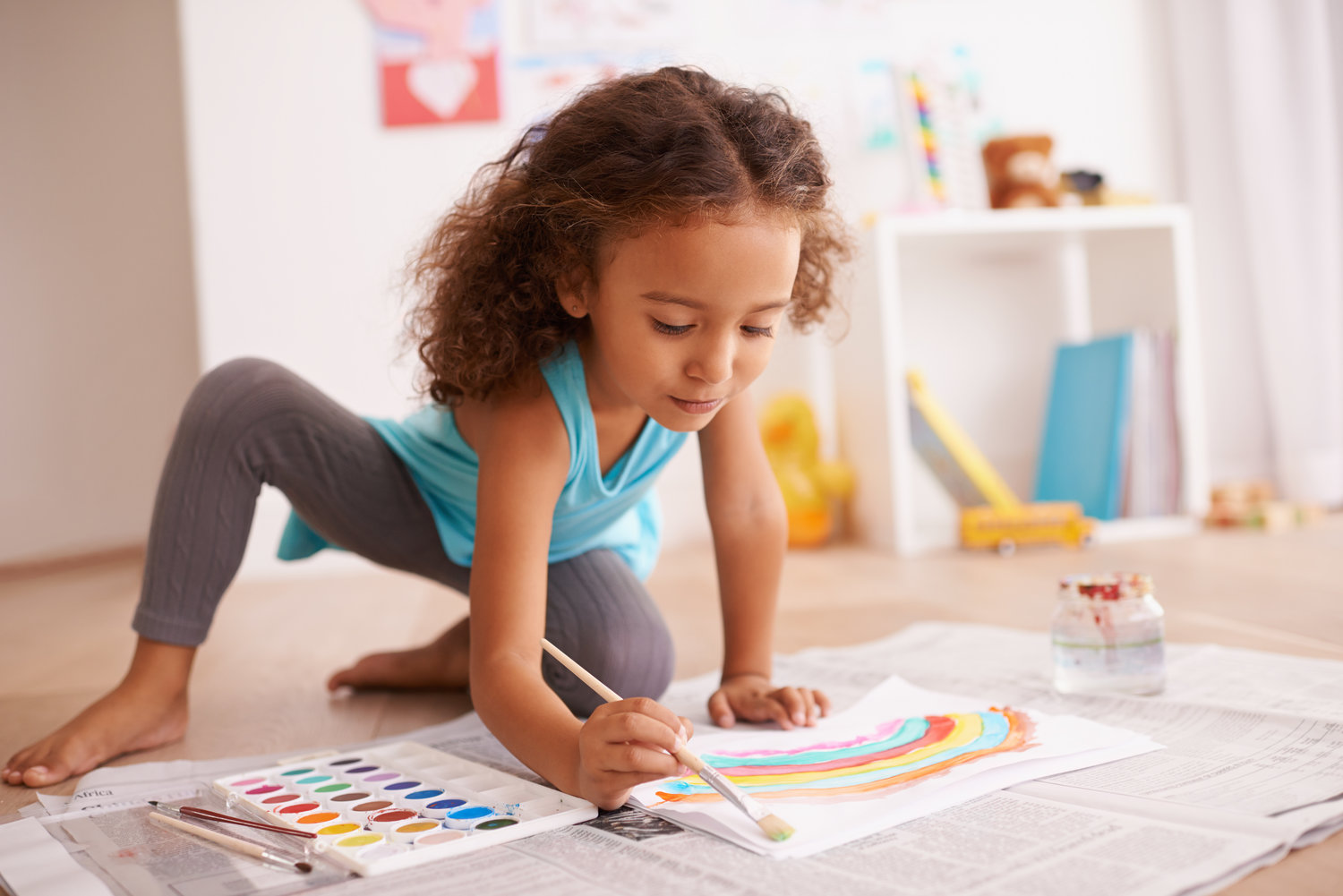As a parent what should I know about play Therapy?
Why Play Therapy For Children?
The therapeutic approaches used for adults are not appropriate for children. Children are unable to understand and talk about their feelings and internal processes as adults are able to do. Play therapy is a process focusing on the use of play for emotional resolutions. A child can give expression to the experiences and emotions they are currently having difficulty with through therapeutic play. A variety of methods may be employed when working with a child. Games, stories, puppets, art and crafts, music, sand tray are some examples. Play therapy may be either directive or non-directive.
How will I be involved as a parent?
Parental involvement in a child’s therapy is important. Parents will be asked to meet with the therapist at times throughout their child’s therapy. Parents may be asked to join sessions and/or given recommendations to follow at home that support the therapeutic process.
How Does Play Therapy Work?
Play to children is a natural way to rehearse for life’s interactions. Play has three basic functions: cognitive and motor development and emotional resolutions. Through the play therapy process the children create play that resembles emotional experiences they are struggling with internally. These are usually experiences they are unable to express verbally. They recreate those internal conflicts through representations in the therapeutic play process. Beginning with these representations, the play evolves until the child gains a sense of understanding and resolution of the conflicts presented.
AT times from the outside play therapy may look like it’s just about playing and having fun. However, empirically-based research shows play therapy is effective in treating a range of behavioral, emotional, and mental health problems.
“Children will not remain in therapy unless they like the therapist and enjoy the therapeutic process…
Children will not continue treatment if they are bored and cannot easily express themselves or if the therapist does not succeed in stimulating their curiosity, motivation, and participation.”
Jean Piaget
RPT or RPT-S
Registered Play Therapists or Registered Play Therapist- Supervisors in addition to being Master’s or PhD’s and state licensed consistent with their graduate degree have advanced, specialized training and experience.


